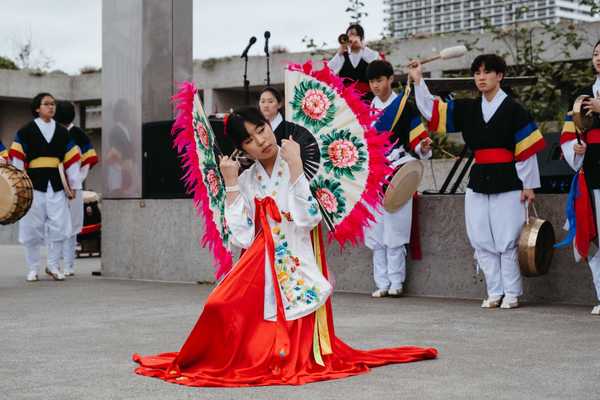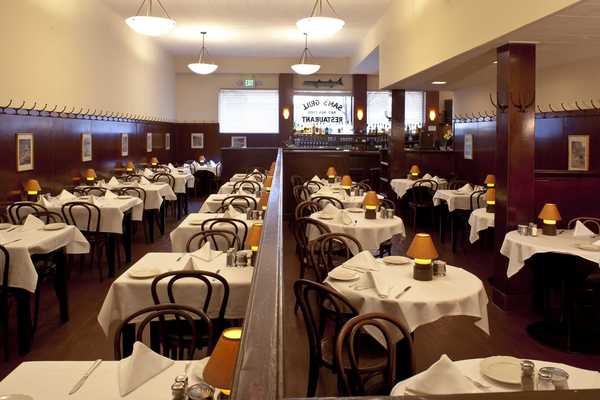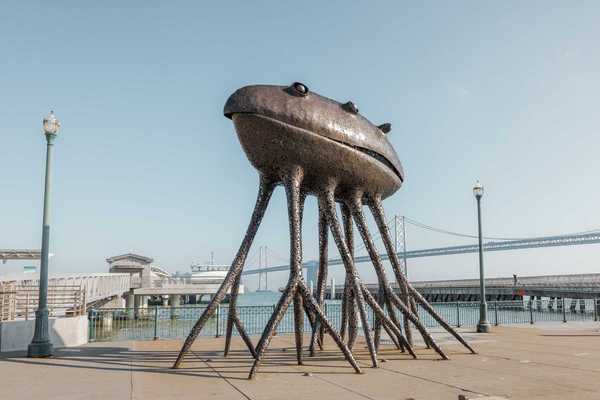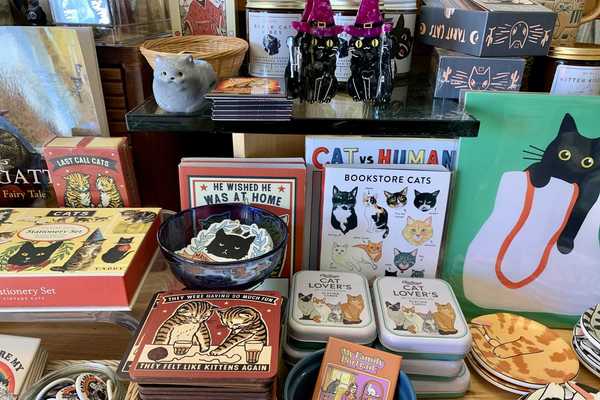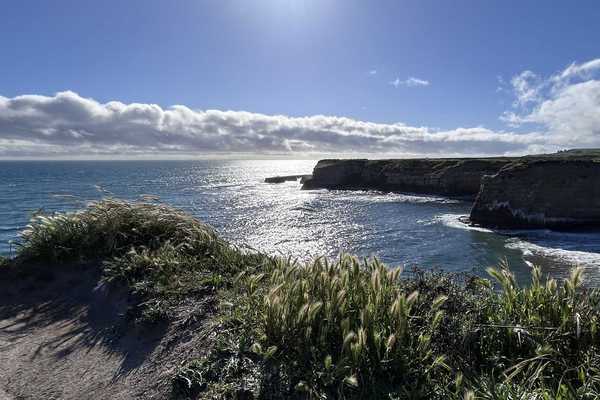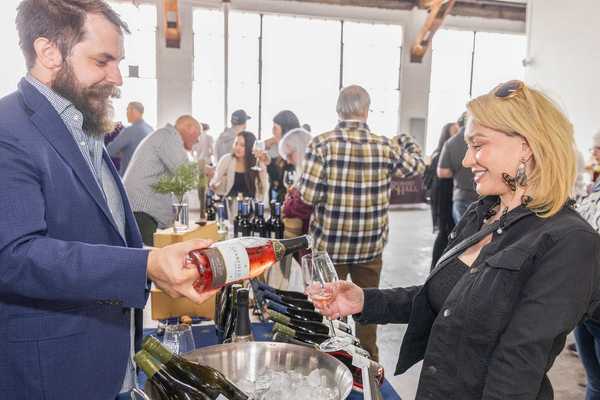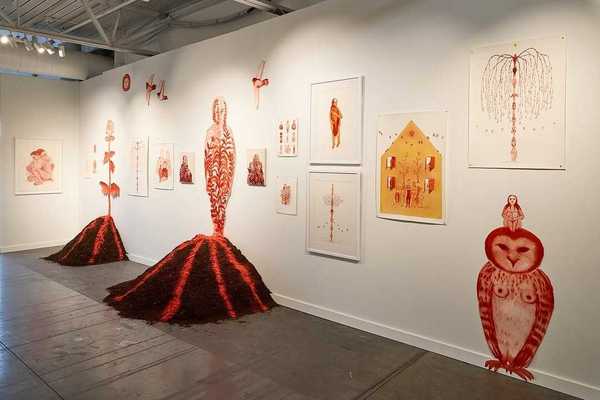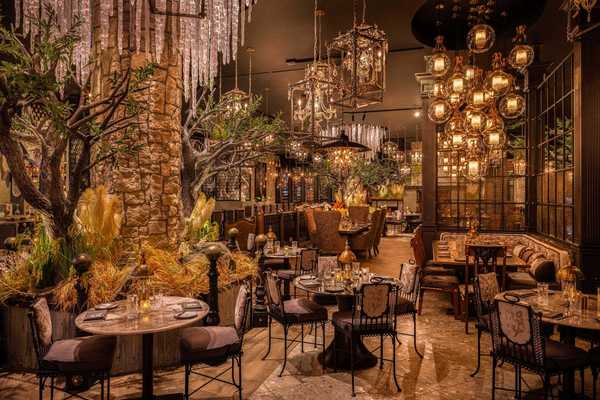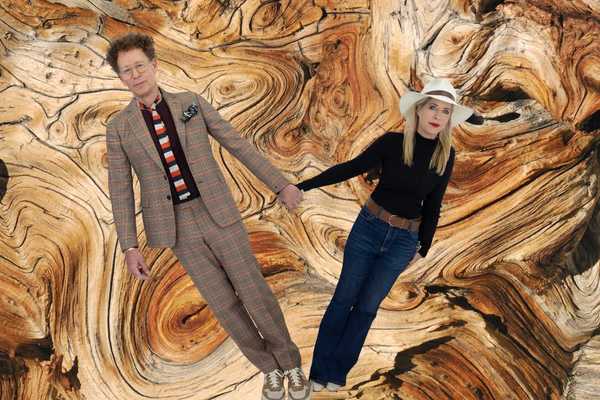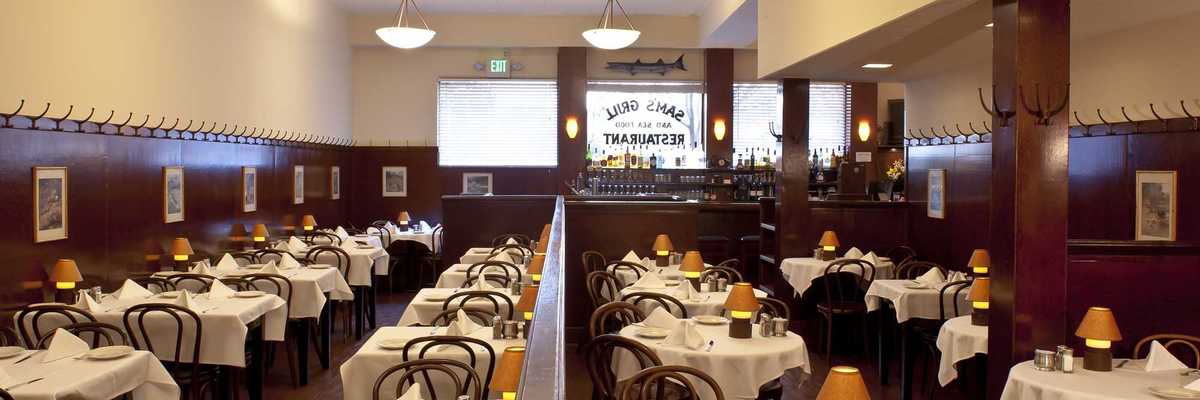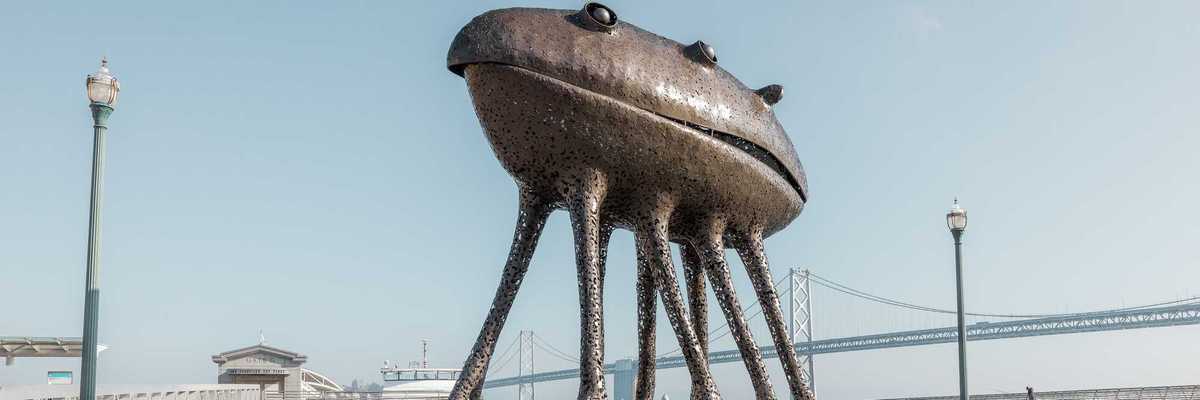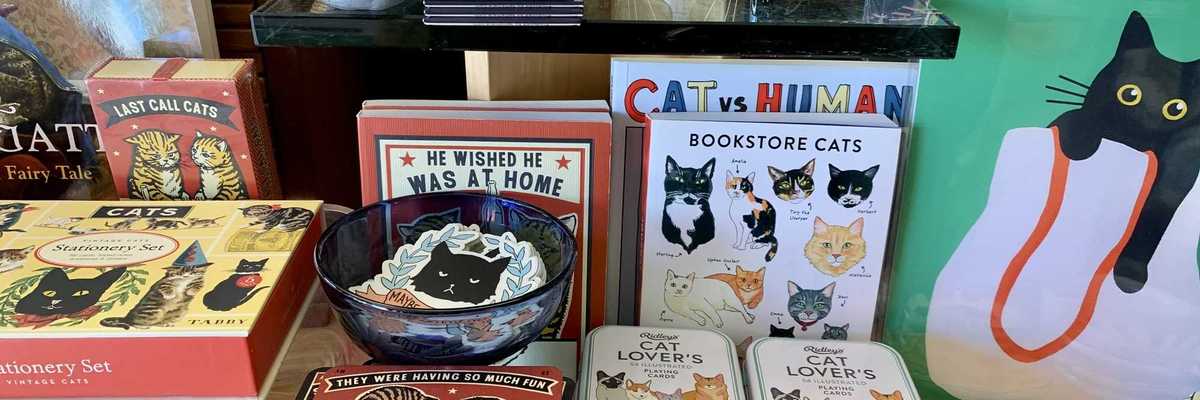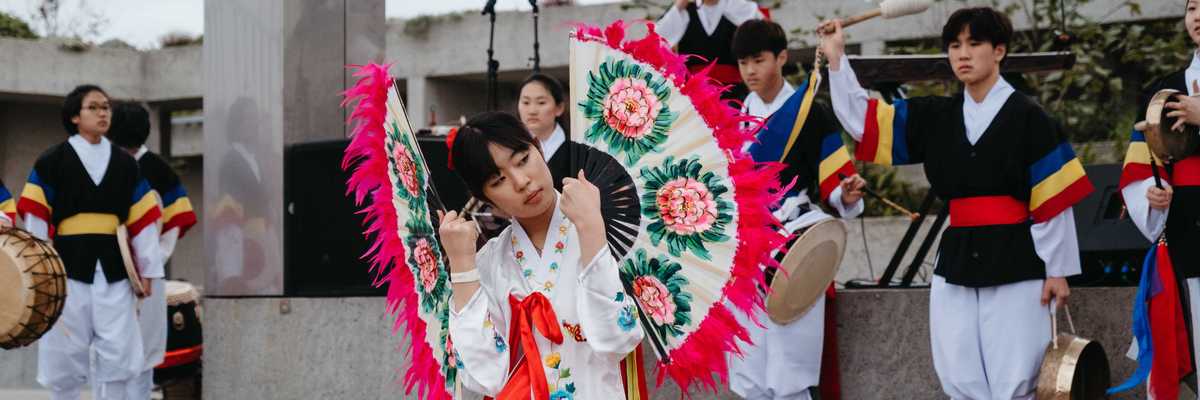Being a writer isn't all swanky book parties, adoring fans at signings and days spent working in pajamas: Unless they're Thomas Pynchon, most authors have to submit to numerous, sometimes repetitive interviews every time they publish a book. In the interest of promoting author-press harmony, we thought we'd dispatch an author to do one of our Litquake interviews, and there was no better choice than Jack Boulware, co-founder of the Litquake festival and co-author of the new book Gimme Something Better: The Profound, Progressive, and Occasionally Pointless History of Bay Area Punk from Dead Kennedys to Green Day. His interview subject is festival attendee Sarah Vowell, the popular history writer whose books include Assassination Vacation, The Partly Cloudy Patriot, and The Wordy Shipmates. She's also a noted music enthusiast and correspondent for NPR's This American Life.
JB: What was your early exposure to books and writing?
SV: I was always mad for books. I spent my early childhood in on a dusty road in Eastern Oklahoma. We went to church three times a week so I received intensive Bible study. Neither the town nor the school had a library so I wolfed down what was available — mostly biographies of Civil War generals, Wild West figures, founding fathers, that sort of thing. When I moved to Montana at age 11, to a college town with several libraries and bookstores, it was like moving to Paris or something. That first summer, my sister and I roller-skated to the public library almost every day. We couldn’t believe our luck — a library and sidewalks!
JB: What was the book or writer who made you think that maybe you could be a writer?
SV: I read Allen Ginsberg’s Howl in high-school poetry class. His poem “America” wasn’t like anything I had ever read — funny, angry, sarcastic, political and personal. Of course I didn’t know it at the time, but looking back I think that poem was a real starting point for me.
JB: How did your first book, Radio On, come about?
SV: After the 1994 Congressional election, the Republican freshmen called themselves the “Dittohead Caucus” because they believed, correctly, that Rush Limbaugh had gotten most of them elected. I just thought radio was having a huge effect on the country and no one was really writing about it. So I spent 1995 listening and keeping a diary. Which ended up being a sort of prison sentence, by the way, but I learned a lot about writing and especially publishing.
JB: You’ve hit a unique groove with your approach to American history. Was there a specific moment when you thought, oh, I guess this is my voice and where it’s going?
SV: I never really stop and question what I’m doing and where I’m going. One interest just kind of leads to another. I started writing more and more historical pieces for This American Life, but I think I did have an epiphany during one of my early appearances on Late Night with Conan O’Brien. Conan and I were talking about Gettysburg, and the audience was eating it up. Unlike the public-radio audience, which has always been so welcoming and good to me, that night on Conan I really felt like I was connecting with an audience that had no particular interest in caring about me or my subject matter. That audience was mainly college students from out of town. They laughed and clapped and seemed to enjoy Civil War battlefield banter. It inspired a lot of confidence in what was then a new path for me.
JB: Your most recent book, The Wordy Shipmates, just came out in paperback. What’s been some of the feedback on this project, and what did you learn about America that you didn’t know before?
SV: The thing hit #7 on the New York Times bestseller list — which is a pleasant surprise for a book that’s about the founding of the Massachusetts Bay Colony and Rhode Island. As for what I learned, my research revealed something that never made sense to me about my own background. I’m part Cherokee, and it always bothered me how it seemed like the English showed up and the tribe just dropped everything and became Christians and became so English. Even when I was a kid, we were weirdly proud to be the most “civilized” of the so-called “Five Civilized Tribes.” When I was researching the plague in Massachusetts that preceded Puritan settlement, killing off most of the native population right before the English moved in, I came across a description of a plague that had decimated the Cherokee after European contact. A witness noted that that was when the tribe abandoned its gods — because its gods had failed to protect its people from an epidemic. That was a reason why the tribe was so bully for Christianity and all its trappings so quickly, because the Englishmen's god seemed like a better protector.
JB: You’ve written about music off and on for many years. Who are you listening to lately? I’m sorry, that sounds so much like “What’s on your iPod?”
SV: For the last eight years, ever since the world took a turn for the dire, I’ve been listening to the news way, way more than music. I don’t have a clue who is in the Top 40, if there still is a Top 40, but I could tell you the names of a number of BBC correspondents. Owen Bennett-Jones from the BBC World Service is my own Miley Cyrus. I will admit that the most-played song on my iPod is Randy Newman’s “The World Isn’t Fair.” You can read into that whatever you want. I am crazy about this new TV show Glee, though. I can’t get enough of its cover-version harmonizing.
JB: Many of your books could easily be done, or redone, as documentaries. Do you have any plans to do this in the future? Or do you prefer the written word?
SV: Writing books is my true love. Plus, I find filming things exasperating: all that lighting and setting up the camera and repeating yourself because of passing cars.
JB: Most people go to a job every day. Writers get to live inside their heads every day. Do you ever feel like sometimes you’re living on another planet from most people?
SV: Sure. I haven’t had a job since 1994. I can’t imagine having to leave the house every day and put on shoes and be around people. That said, when I’m working on my audiobooks, I do spend a few weeks taking the subway to Rockefeller Center every morning with the gainfully employed and their wingtips and bagels. It’s very exotic and thrilling to pretend like I’m one of them, but I couldn’t pull that off full-time. I’ve gotten too used to the solitary life.
JB: What has been your weirdest writing assignment?
SV: A magazine once dispatched me to cover the International Mr. Leather competition. I was the only one there wearing a cardigan.
JB: Will we still be reading books in 30 years?
SV: I hope so, but I have my doubts. But there’s this new thing called a “vook” — an electronic book with embedded videos. This is probably one of the landmarks on the path to the robots taking over the world.
JB: Have you been watching the Ken Burns "National Parks" series, and what are your thoughts on this project?
SV: Yep. I’m a national parks die-hard in general and a Burns fan in particular. I watched that episode about how they saved the buffalo on the cusp of extinction the day after I heard of the “vook.” What the conservationists back then did for bison, we authors should try to do for neighborhood bookstores in the age of electronic readers. It’s not too late!
Sarah Vowell will appear at the Booksmith, 1644 Haight St., on Thursday, October 15, at 7:30 pm. The event is a co-production of the Booksmith and Litquake. Admission is free.



